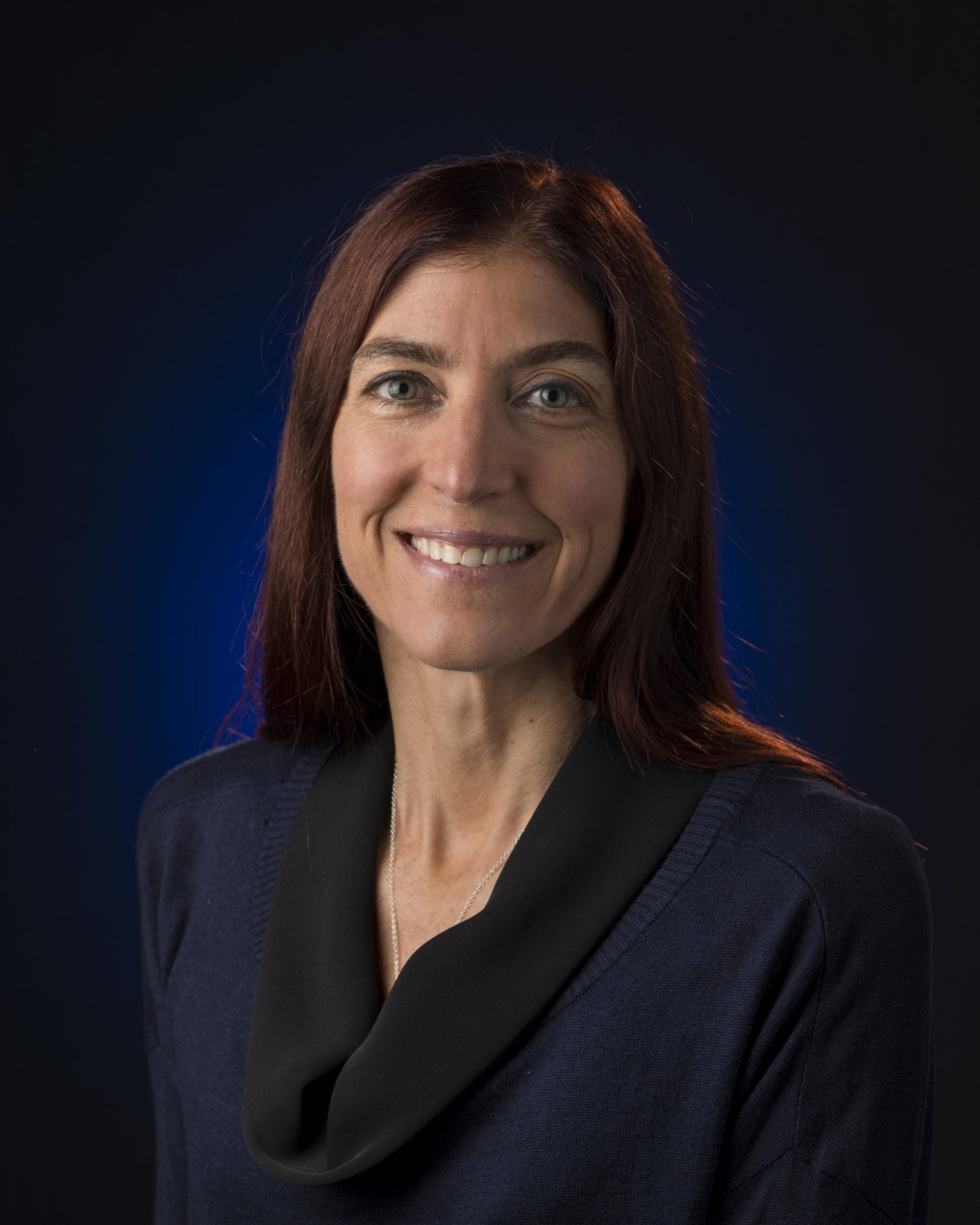GSO alum brings more than 25 years of experience as biological oceanographer
May 11, 2020
The University of Rhode has announced the appointment of NASA scientist Paula S. Bontempi as dean of the Graduate School of Oceanography. An alumna of GSO and a biological oceanographer for more than 25 years, Bontempi joins URI from the Earth Science Division, Science Mission Directorate of NASA Headquarters in Washington, D.C., where she serves as acting deputy director. She is slated to begin her new role at URI’s Narragansett Bay Campus late this summer. Bontempi will replace Dean Bruce H. Corliss, also a URI alumnus, who has served since 2012. Corliss announced his retirement last spring.
“Dr. Bontempi’s vision and dedication to furthering ocean science and ecology, together with her research, public policy experience and her passion for mentoring the next generation of scientists will serve to enrich the experience of all faculty, staff and students at GSO,” said URI’s Provost and Vice President for Academic Affairs Donald DeHayes. “We are thrilled to welcome another alum back to URI to serve as dean of this extraordinary institution.”
In her current capacity in NASA’s Earth Science Division, Bontempi provides leadership, strategic direction and overall management for the agency’s entire Earth science portfolio, from technology development, applied science and research to mission implementation and operation.
In addition to allocating resources and leading a division of approximately 75 scientists, engineers and administrative professionals, Bontempi is also charged with developing policies and priorities for numerous programs and coordinating with the scientific and applications communities throughout NASA, federal advisory committees and other entities, including the National Academy of Sciences and international partnerships. She has also taught Earth science in NASA’s astronaut training class.
Bontempi joins URI at an exciting time in its history with plans underway to revitalize the Narragansett Bay Campus, adding a 20,000-square-foot Ocean Technology Center, a 12,000-square-foot marine operations facility and a new, larger pier to accommodate the new R/V Resolution which is under construction and slated for arrival in 2022. Last May, URI was chosen by the National Oceanic and Atmospheric Administration to lead a new $94 million consortium to support ocean exploration, responsible resource management, and improved scientific understanding of the deep sea as well as strengthen the state’s and the nation’s blue economy.
As dean, Bontempi will have executive responsibility for the graduate school and its Narragansett Bay Campus, providing leadership and oversight for its academic, research and outreach activities. GSO is one of the world’s foremost research institutions. In FY19 awards for sponsored research projects led by GSO exceeded $35 million. The School currently enrolls approximately 70 graduate students and employs more than 200 faculty and research scientists, professional, technical and research staff.
“I am so incredibly excited to be invited back to GSO by the University. I am eager to apply the skills that I have learned at NASA from so many talented scientists and engineers to GSO’s unique capabilities in ocean science and engineering, applied science, management and policy,” said Bontempi. “It is an absolutely unique place, a second family to me, and I am very much looking forward to working with the staff on a vision for GSO’s continued growth and development.”
The Oceanography Society recently named Bontempi a fellow in recognition of her vision for outstanding and sustained contributions to the field of oceanography, outstanding and wide-ranging contributions to educating and mentoring students and early career ocean scientists, and novel contributions toward promoting a broader understanding of oceanography and oceanographic research to the general public. In 2019, she was a recipient of the Ocean Sciences Award from The American Geophysical Union for her outstanding dedication and service to the field of ocean sciences and for her visionary and energetic leadership of NASA’s ocean biology and biogeochemistry program.
Prior to her appointment as acting deputy director, Bontempi spent more than 16 years as the physical scientist and program manager for ocean biology and biogeochemistry at NASA Headquarters. She also served as the lead for NASA’s carbon cycle and ecosystems focus area and for the agency’s carbon cycle science research. This included leading the coordination of relevant research and program collaborations with all U.S. and international partners and serving as NASA program scientist with oversight responsibility for instrument and mission science integrity on satellite missions.
As part of this, Bontempi was also charged with leading NASA, federal, domestic, and international workshops on research programs, integration, and future directions; technology development and challenges; and participating in national and international science committees building consensus for research, including interagency priorities.
Before joining NASA, she was an assistant professor of oceanography in the University of Southern Mississippi’s Department of Marine Sciences. Bontempi received her Master of Science degree in oceanography in 1995 from Texas A&M University and her Ph.D. in 2001 from GSO.
The University of Rhode Island Graduate School of Oceanography is one of the world’s premier oceanographic institutions. Founded in 1961, GSO has built a reputation for excellence in deep water oceanographic research, coastal planning and management, sustainable fisheries, and monitoring the health of Narragansett Bay. Its faculty, students and staff play a leading role in ocean exploration and in research and teaching on a broad range of environmental topics, including human interactions with the ocean and climate, natural hazards, and ocean processes at unexplored scales. GSO hosts the Coastal Institute, Rhode Island Sea Grant, the National Sea Grant Library, and many other federal, state and non-profit programs. Its signature strengths include its research vessel R/V Endeavor, the Coastal Resources Center, the Office of Marine Programs, and the Inner Space Center.

